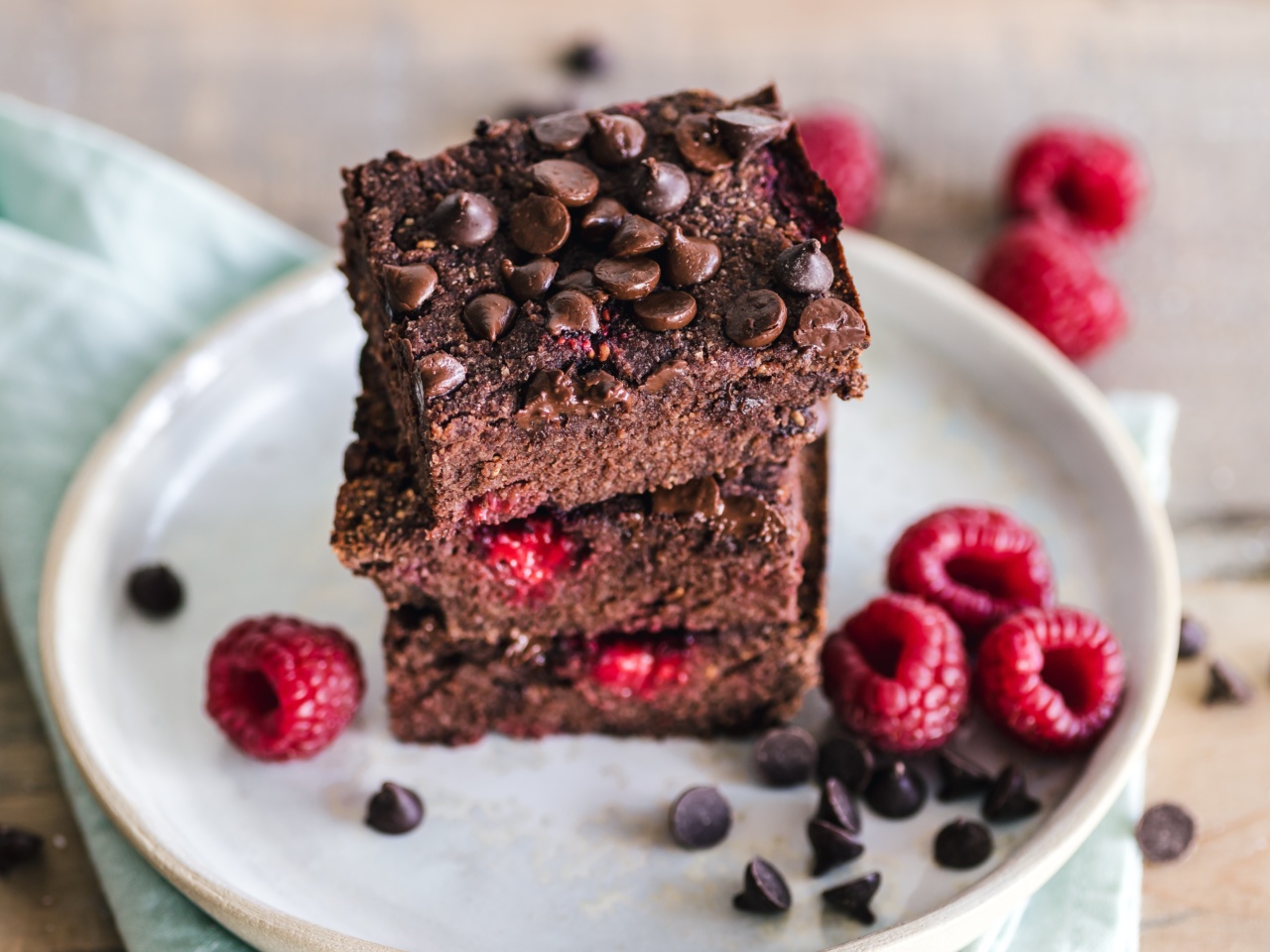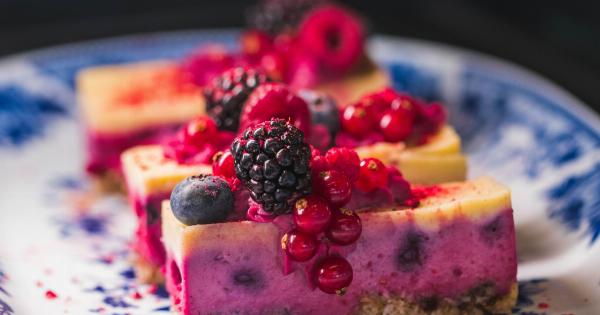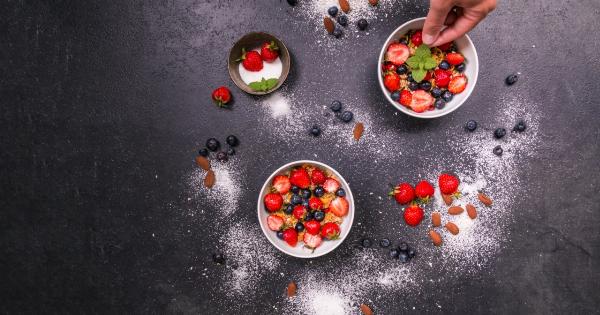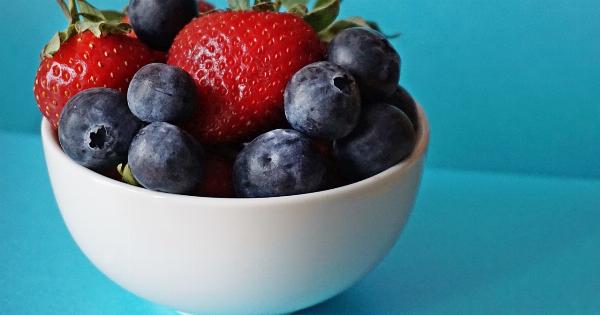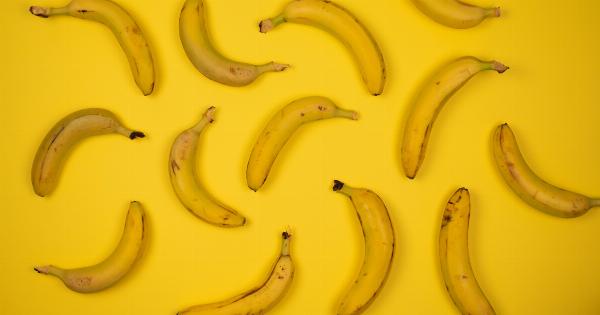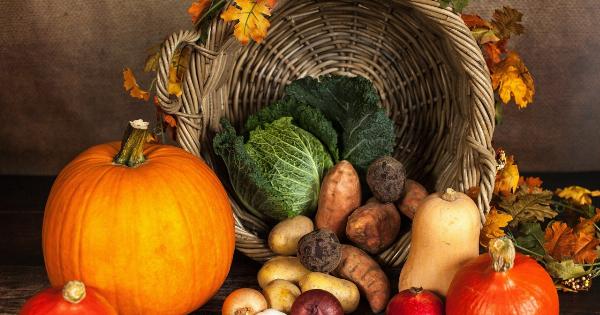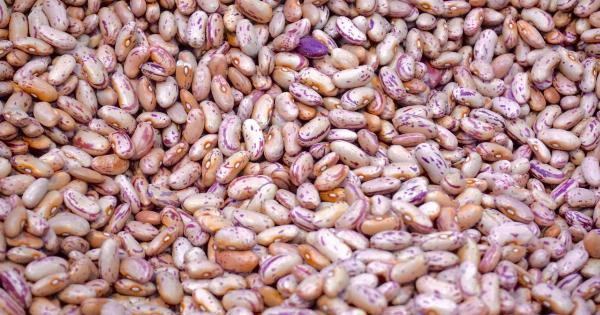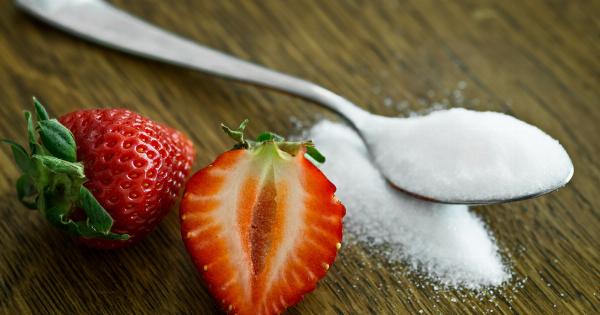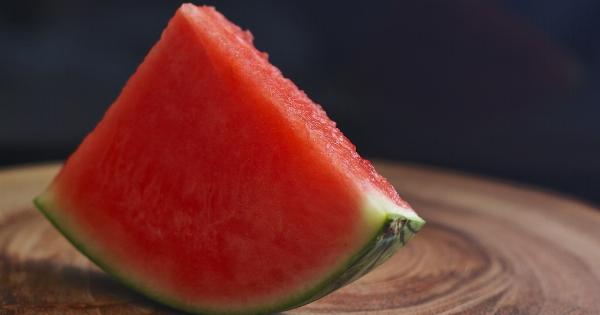Fruits are undoubtedly a crucial part of a healthy diet as they are packed with essential vitamins, minerals, and fiber. However, if you’re watching your sugar intake, some fruits may be better suited for your needs than others.
This article will shed light on the top 10 fruits that contain the least amount of sugar, allowing you to enjoy nature’s sweet offerings without worrying about excessive sugar consumption.
1. Avocado

While technically a fruit, avocados are unique due to their low sugar content. They are rich in heart-healthy monounsaturated fats, fiber, and various essential nutrients.
Avocados make a great addition to salads, sandwiches, and smoothies, and their creamy texture adds an indulgent touch to any dish.
2. Cranberries

Cranberries are known for their tart flavor and vibrant color. These berries are not only low in sugar but also packed with antioxidants and vitamin C.
They are commonly enjoyed dried or in juice form, and their tangy taste pairs well with both savory and sweet dishes.
3. Raspberries

Raspberries are a delightful summer fruit with a sweet and slightly tangy taste. They contain relatively low sugar content and are rich in antioxidants, fiber, and vitamin C.
Raspberries are perfect for eating fresh, adding to cereals or yogurt, and incorporating into desserts.
4. Blackberries

Blackberries, similar to raspberries, are low in sugar and packed with health benefits. These juicy, dark berries are bursting with antioxidants, fiber, and vitamins.
Their unique flavor profile adds depth to recipes and they are a fantastic choice for snacking or incorporating into baked goods and salads.
5. Strawberries

Strawberries are not only visually appealing but also low in sugar and high in nutrients. These juicy, red berries offer high amounts of vitamin C, antioxidants, and fiber.
They are incredibly versatile and can be used in a multitude of ways, from fresh eating to topping desserts or blending into smoothies.
6. Papaya

Papaya is a tropical fruit renowned for its vibrant color and delicious taste. This fruit is naturally low in sugar and provides an abundance of vitamins A and C, as well as digestive enzymes.
Savor papaya on its own, add it to fruit salads, or blend into a refreshing smoothie.
7. Watermelon

Watermelon is a refreshing summer staple that is not only incredibly hydrating but also low in sugar. It consists mostly of water and is a fantastic source of vitamins A and C.
Enjoy watermelon in its juicy, chilled state or get creative by making agua frescas or incorporating it into salads and salsas.
8. Peaches

Peaches are known for their delightful aroma, sweet flavor, and low sugar content. With high amounts of vitamins A and C, this fuzzy fruit is a fantastic addition to your diet.
Enjoy peaches fresh, grilled, or baked into pies, and reap their numerous health benefits along the way.
9. Lemons and Limes

Lemons and limes, although acidic in taste, are surprisingly low in sugar. They are rich in vitamin C and add a zesty tang to both sweet and savory dishes.
Squeeze their refreshing juice into water, use them as a dressing or marinade ingredient, or include slices in your beverages for a burst of flavor.
10. Apricots

Apricots are small, orange fruits with a delicate balance of sweetness and tartness. They are low in sugar and rich in vitamins A and C, as well as fiber.
Enjoy apricots fresh, dried, or cooked into jams and compotes, and relish in their unique flavor and nutrition.
